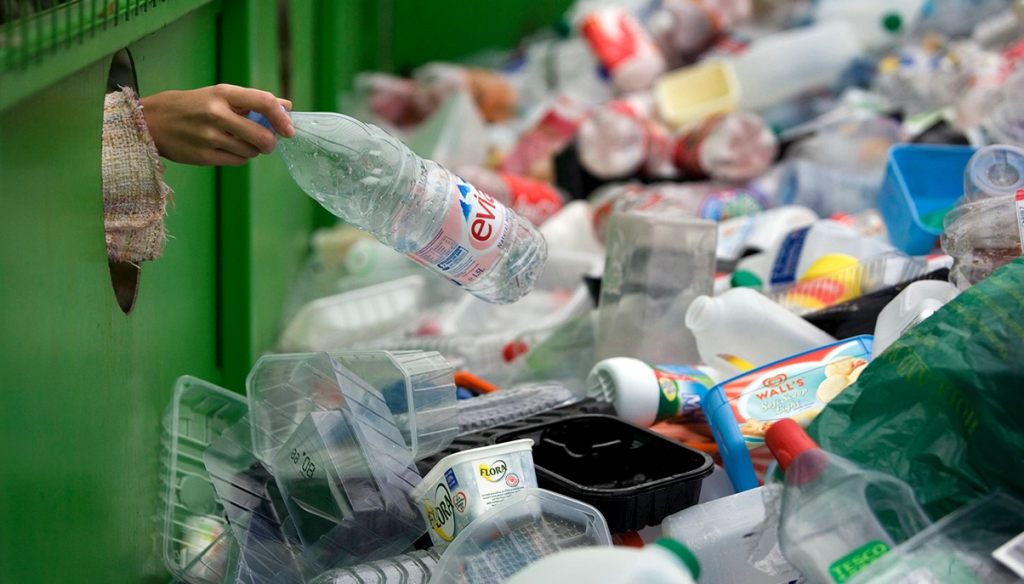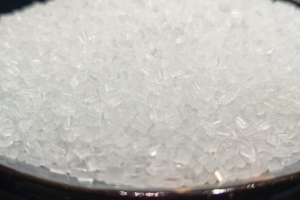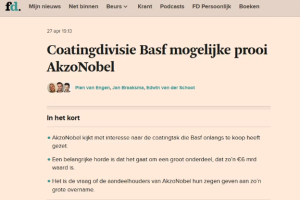January 18, 2025 – Trump Trade Policies Stir Inflation Concerns, Shaping Recycled Resin Market Dynamics
The deflationary trend has stagnated, and inflationary pressures may be staging a comeback, influenced by Trump’s trade policies. This economic shift could dampen demand for consumer and durable goods, subsequently impacting the demand landscape for recycled resins, according to Emily Friedman, Senior Editor and Recycled Plastics Expert at ICIS, a global commodity intelligence agency. She emphasized, “2025 could mark the biggest market transition we’ve witnessed since 2022.”

When discussing the U.S. plastic recycling market, Friedman highlighted that the chemical recycling sector is at a pivotal stage of transitioning from theory to practice, with multiple commercial-scale facilities gradually moving into actual production. She noted, “This year, industry leaders have stood out, while other players have chosen to wait and see, assessing market dynamics. Although investment opportunities in chemical recycling persist, the uncertainty in the economic environment has led to some investments being postponed, making it evidently challenging to invest in this sector.”
AsiaMB has learned that according to the latest third-quarter data released by the International Trade Commission, U.S. imports of recycled polyethylene terephthalate (rPET) sheets reached an all-time high. The U.S. continues to be a net importer of plastic waste. While exports of plastic waste to Mexico increased compared to 2023, imports in the third quarter of 2024 still grew by 22% compared to the second quarter. Friedman pointed out that the U.S. plastic recycling market heavily relies on resins, with the rPET market exhibiting significant globalization, whereas naturally recycled high-density polyethylene (HDPE), such as from milk jug recycling unique to the U.S., leans more on local market supply.
Furthermore, potential tariff policies under the Trump administration could profoundly impact the recycling market. Friedman analyzed that the U.S. has close cooperation with neighboring countries like Canada and Mexico in plastic recycling. Adjustments to tariff policies could disrupt this regional cooperation, posing a significant challenge for recyclers and buyers reliant on cross-border supply chains. She further noted that protectionist measures by the U.S. could trigger a global backlash, especially considering the close trade ties between the U.S. rPET industry and countries in Asia and Latin America. If tariff policies broaden their scope, they could deal a huge blow to markets already facing raw material shortages, disrupting the supply-demand balance of recycled resins.














